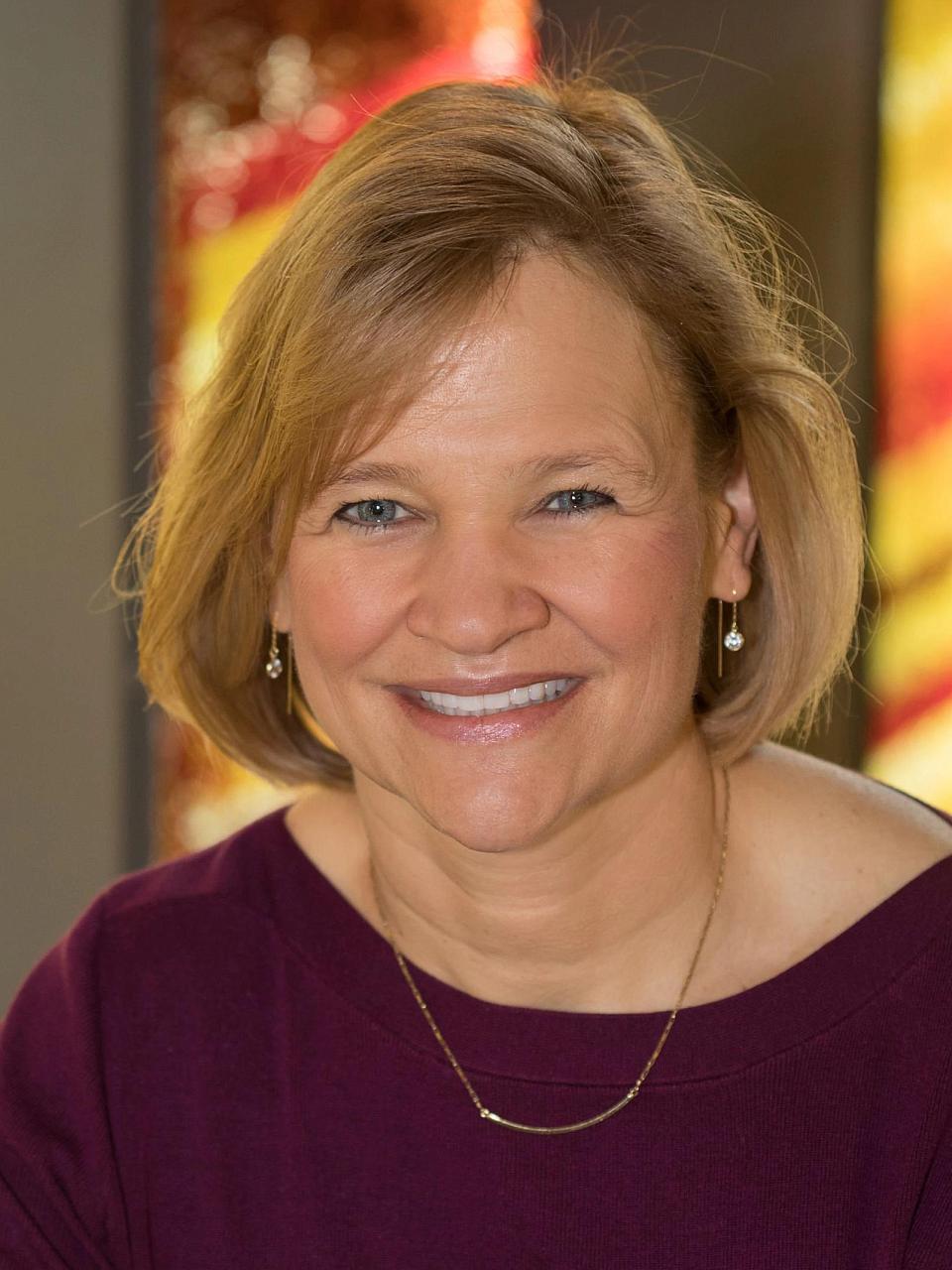Voices of U of U Health
Caring for At-Risk Youth in Utah Correctional Facilities - Part 1
This is the first blog in a two-part series about correctional health care for youth. The University of Utah College of Nursing and the state of Utah are paving the way as a model for collaborative, high-functioning levels of care for adolescents in correction systems. As more nurses and nurse practitioners are educated through this partnership, we hope they will enter the field of correctional or adolescent health and continue to elevate standards of physical, mental, and social care.
I have always been drawn to the personal joy I feel working with adolescents and young adults. Through my work at the University of Utah College of Nursing, my goal is to provide nurturing, evidence-based care for youth incarcerated within Utah’s Juvenile Justice and Youth Services system (JJYS).
Compassion and Collaboration
I started my career in health care as a traveling nurse. Upon becoming a Nurse Practitioner, I practiced at the Utah State Hospital. I specialized in pediatric and forensic care, mainly providing care to adolescents and women.
This work was fulfilling and motivating. Many of the patients I cared for were victims of sexual assault or other trauma. Most needed health care and health education. All needed compassion.
I jumped at the chance to join the College of Nursing as a nurse practitioner in JJYS clinics. In time, I became the clinical director. I was responsible for managing and growing the valuable partnership between the college and Utah’s JJYS.
Today, as Associate Dean of Practice and Community Collaboration, I continue growing our collaboration. I also practice in JJYS to maintain contact with the youth. Through our partnership, patients receive excellent care and nursing students experience a unique learning environment.

Protect and Rehabilitate
The breadth of our clinical responsibilities and relationship has expanded over the last 18 years. Nurses and facility staff rely on each other. We are allies in our mission to care for and rehabilitate those in our care. Our relationship is unique and collaborative.
The team of registered nurses and nurse practitioners at JJYS and the College of Nursing provide physical and mental health care for youth in eight facilities throughout Utah. The facilities differ in the range of time youth spend there and the severity of their detention level. Youth may be held for a few hours or stay in a JJYS facility for many months.
We cannot control the circumstances these youth face, but we can do our best to care for, educate, and influence their lives while they are in our care.
Critical Services and Screenings
One important service we provide these youth is access to sexual health education and sexually transmitted infection (STI) screenings. The Centers for Disease Control and Prevention reports that almost half of new sexually transmitted infections each year appear in young adults between the ages of 15 and 24. In Utah, nearly 60% of reported chlamydia cases occur within that age group.
Youth in correctional facilities have a higher prevalence of common STIs compared with non-incarcerated peers. This makes screening a vital part of their admission assessment. In 2014, I advocated for this screening as a standard of care for all youth admitted to a correctional facility. As a result, 77% of incarcerated youth at JJYS who test positive for chlamydia and/or gonorrhea accept treatment.
In collaboration with Cara Wolf, APRN, DNP, I recently completed an abstract entitled, “Screening for Chlamydia and Gonorrhea in Utah’s Youth Correctional Facilities.” We submitted the abstract to “Justice System Involvement, Infectious Diseases, and Public Health,” a CDC-sponsored supplement to the journal Emerging Infectious Diseases. We hope to publish it soon. Our work highlights the active research and implications of the data uncovered through STI screening and treatment at these facilities.
We also screen for sexual abuse and seek to empower the youth through sexual health education. This service is vital because, outside the facilities, at-risk youth may be unaware or unable to access this care. They may be reluctant to seek help due to the sensitive nature of care, fear of repercussions, cost, or other issues.

Accessible, Judgement-Free Care
In many cases, justice-involved youth are only in our care for a short time. We strive to make a difference in their health during our often-brief interactions with them. Youth in custody are mandated to receive the same quality of care as youth in the general population. With regular access to our nurses, they often receive better health care while in custody than they do on the “outs.” They could see a nurse every day if needed. We strive to provide health care that is accessible and judgment-free.
Our care team, which includes Doctoral Nurse Practitioner students, is specifically trained with age-appropriate interviewing skills to help mitigate embarrassment and manage reluctance or refusals.
All team members are experts in providing information in a concise, professional, caring, and trauma-informed manner. Having U of U Health clinics located within the correctional facilities helps to builds trust with patients. Our clinics are familiar and outside of the correctional system, which puts the youth at ease. They know we have their best interest in mind.
Unique Training Environment
Real-world experience working with these patients gives nursing students a unique view into this specialized type of care. Because adolescents and young adults are generally active and healthy, they are seen less often in regular clinical practice sites. Working with JJYS gives students valuable experience caring for youth, addressing sensitive health questions/scenarios, and understanding the correctional system.
These skills are marketable and useful whether the students choose a career in correctional health or another field. Through our partnership with JJYS, we look forward to educating more nurses and nurse practitioners to enter the field of correctional or adolescent health.
The second blog in this series takes a closer look at this unique training opportunity through the eyes of a recent College of Nursing graduate.
